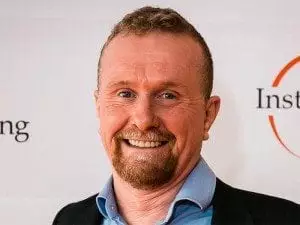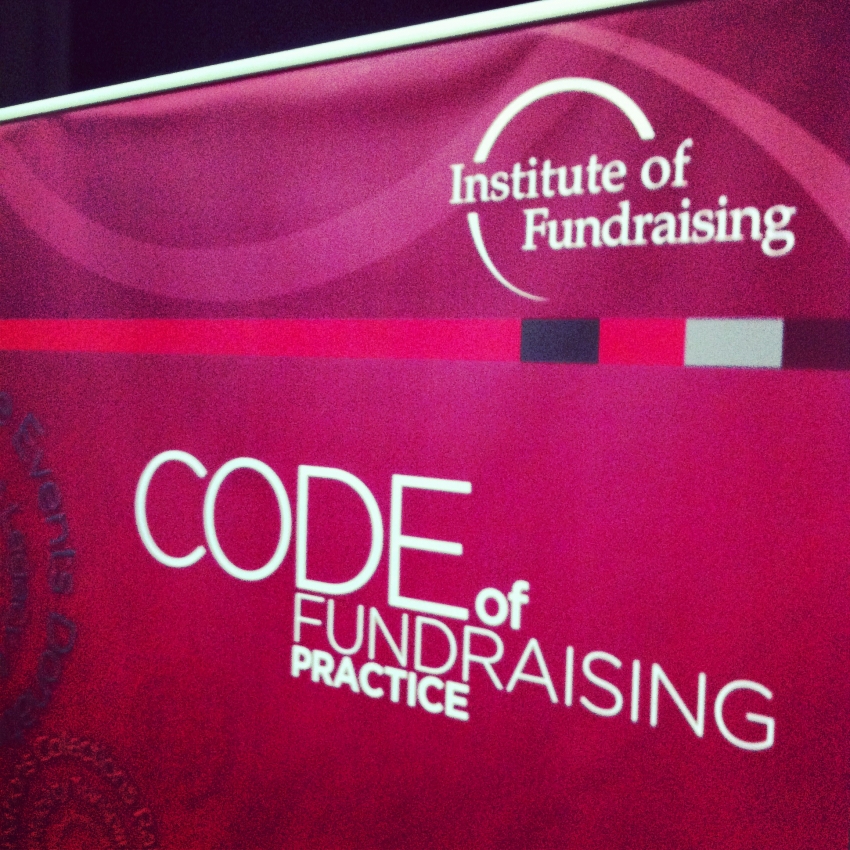Committing to diversity – reflections as we embark on a journey
We took a big, and quite daunting, step for the Institute last week, setting up our new expert advisory panel on equality, diversity and inclusion.
Its remit is to advise us on how we can meet our strategic objectives in relation to “developing fundraising as a respected profession that attracts and retains talent from diverse backgrounds” and “working with all types and sizes of charity by growing our reach into the fundraising community, ensuring we support and develop excellent fundraising in all types and sizes of organisations.”
It is both big and daunting because we have a long distance to travel, and a lot to learn, both as the Institute and as a profession as a whole. Fundraisers in charities around the UK are disproportionately white. Women are in a majority, but this is not reflected at the most senior levels of the profession. There are very low numbers of disabled fundraisers. And there is no reason why this should be the case.
Why do women not dominate the top fundraising jobs in greater numbers?
What prevents disabled people from engaging fully in our profession?
Do we know how many LGBT+ fundraisers there are; and do they feel able to be themselves within the organisations they work for?
We also know that there is a strong giving tradition across all of our faith communities. People of all races and ethnicities raise money within their communities, and for other great causes both here and abroad.
So why do so few Muslim fundraisers feel they can transfer their skills and experience into the ‘mainstream’ fundraising sector?
Why are there so few Black, Asian and minority ethnic fundraisers in our community? So few BAME fundraisers as delegates or speakers at our events? And how can we ensure the Institute’s governance structures – at Board, Committee and Group level – are inclusive, reflecting the diverse communities we serve? And does the term “fundraising” in itself exclude those whose roles might embrace skills in addition to raising funds for the causes they work or volunteer for?
We, as an Institute, need to do better
These were just some of the questions raised and discussed by our expert advisory panel as they met for the first time on Friday.
And some of the messages back to the IoF were clear. We, as an Institute, need to do better.
If our governance structures do not produce diverse boards or committees we need to be prepared to take positive action to encourage and co-opt people from diverse communities with diverse experiences onto them. It can only make us stronger. We need to do the same across our events and conferences, and within our national, regional and special interest groups too. We need to walk the talk on all aspects of diversity and inclusion in order to be credible on these issues.
Embracing diversity will strengthen the profession and charities’ sustainability
The panel were adamant that if the wider sector and profession does not embrace diversity we will be weaker for it. Without diverse and inclusive fundraising teams, how can our organisations expect to attract the best and most diverse group of volunteer fundraisers to support our causes? How can we demonstrate true impact to funders and supporters? And without understanding a more diverse group of potential donors how can our organisations be sustainable to meet their missions?
Advertisement
Priority actions
The panel were absolutely clear that this was the beginning of a long journey and that we need to take time to develop a coherent, evidence based strategy, with a theory of change to inform it. But they were also clear that some common practices act as obstacles to recruiting a diverse workforce and can be tackled as a priority: unpaid internships restrict entry to only those who can afford it; and setting prior academic qualifications as essential in role profiles excludes many who could be fantastic fundraisers.
Opportunities were floated to engage more student fundraisers into the profession, more people from public fundraising teams, and to develop targeted bursary programmes to attract people into fundraising, and develop them within it.
For me it was a really powerful initial discussion. Fundraisers and equality, diversity and inclusion specialists shared personal experiences and professional insight. It was not always a comfortable discussion for me as CEO of the IoF, nor should it have been. We as an Institute have much to learn and do. As does the profession we serve.
It is the start of what I hope will be a journey to become a better, more diverse and more inclusive profession. Like many journeys, I am sure there will be bumps on the way. But it is a journey that we are committed to take; a journey that we will all learn a lot from, and one that will make us stronger as a profession.





